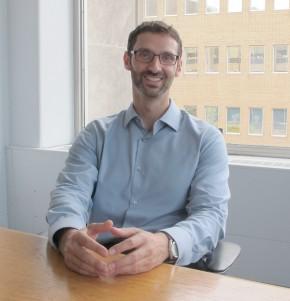Scoping trip for exploring the potential of PPPs and user fees to fund transport infrastructure and services in Greater Kampala
Around the world, there is great interest in building urban transportation infrastructure. In cities from Kampala to Lagos, policymakers are drafting ambitious transportation plans that call for the implementation of extensive bus rapid transit systems, light rail lines and metros, as well as, new highways, bridges and tunnels. These plans are motivated by an urgent goal of reducing traffic congestion, driving economic productivity, improving air quality and shrinking social exclusion.
However, a key hurdle to the implementation of major transportation projects is funding. The price tag for delivering transportation projects often cost billions of dollars, and policymakers must determine how best to pay for their proposals.
This project explores options for financing and funding of large infrastructure projects in the public transit sector and seeks to understand the potential for public-private partnerships in delivering infrastructure in Uganda. By meeting with a range of city and national government stakeholders involved in urban transport delivery and financing and development partners, the researcher aims to discuss strategies that Ugandan policymakers could follow to successfully fund and implement rapid transit projects in Kampala.
The researcher suggests three key insights for policymakers:
- International experience demonstrates that most major rapid transit projects will not cover their capital and operating costs from fare revenues alone. As such they will require some form of ongoing public subsidy to make them financially viable, even if the projects include private finance through public-private partnership arrangements;
- Transit projects are prone to systemically underestimated costs and overestimated revenues projections. This mega-project paradox puts an especially harsh strain on the financial viability of transportation mega-projects and requires careful attention during project planning;
- The introduction of large rapid transit projects in African cities that have historically not had a formal public transit system requires both detailed technical planning, and significant processes of change management to ensure that the interests of many stakeholders are met.


